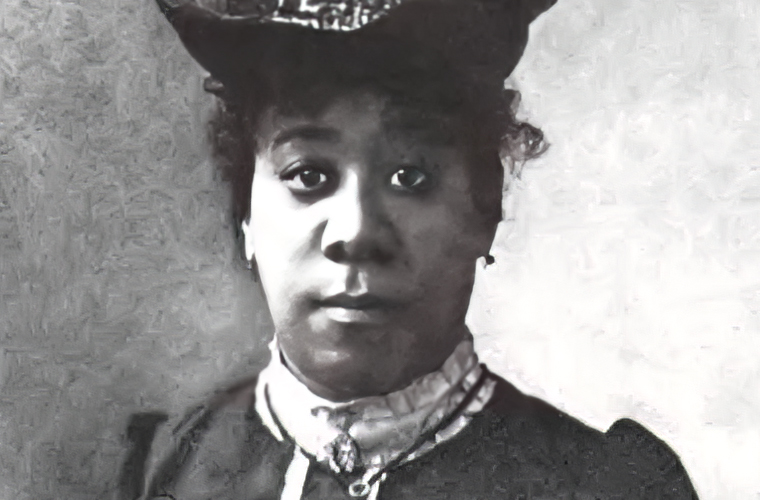Pauline Hopkins (1859-1930) was an African American novelist, playwright, journalist, and editor. She is known for her significant contributions to African American literature during the late 19th and early 20th centuries. Hopkins was one of the most prominent African American women writers of her time.
Born on August 13, 1859, in Portland, Maine, Pauline Elizabeth Hopkins grew up in a multiracial and activist family. Her parents were dedicated to the abolitionist movement and encouraged her to pursue education and writing. Hopkins herself became involved in social and political causes, particularly advocating for racial uplift and women’s rights.
Hopkins began her literary career as a journalist and editor for various African American newspapers and magazines. In 1900, she became the editor of the Colored American Magazine, one of the most influential publications of its time. Under her editorship, the magazine became a platform for African American writers and intellectuals, addressing issues of racial justice, education, and social reform.
As a novelist, Hopkins is best known for her work “Contending Forces” (1900). The novel explores themes of racial identity, passing, and the challenges faced by African Americans in a deeply segregated society. It is often considered one of the earliest examples of the African American protest novel. Hopkins’s other notable works include “Hagar’s Daughter: A Story of Southern Caste Prejudice” (1901) and “Of One Blood: Or, The Hidden Self” (1902). These novels also tackled issues of race and featured complex characters and intricate plots.
In her writings, Hopkins addressed the limitations imposed on African Americans by the dominant white society while also examining the internal dynamics of the African American community. She explored themes such as colorism, racial passing, and the need for unity and uplift within the Black community.
Unfortunately, Hopkins faced financial challenges throughout her life and struggled to gain widespread recognition for her work. After the decline of the Colored American Magazine, she continued to write and lecture but did not achieve the same level of success. She passed away in 1930, and her work remained relatively obscure until the revival of interest in African American literature during the Civil Rights Movement of the 1960s.
In recent years, there has been a renewed appreciation for Pauline Hopkins and her contributions to African American literature. Her writings are recognized for their complex portrayals of race and identity and their early exploration of social and political issues that remain relevant today. Hopkins’s work continues to inspire and influence contemporary scholars and writers interested in African American literature and history.

